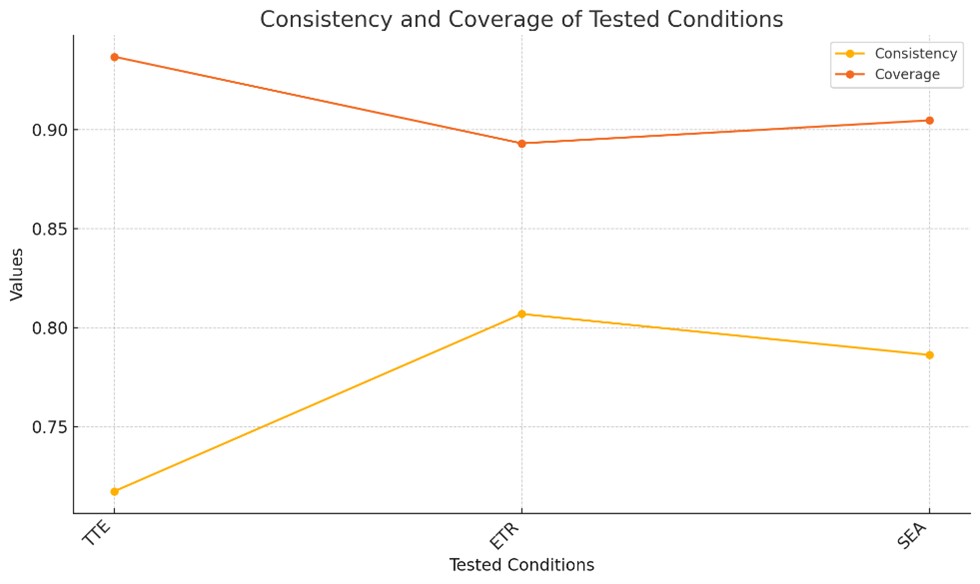Factors Affecting Educational Quality: A Study Using Neutrosophic Likert Scales and Fuzzy Set Qualitative Comparative Analysis
Keywords:
Educational Quality, Neutrosophic Likert Scales, Fuzzy Set Qualitative Comparative Analysis, fsQCAAbstract
This study investigates the educational quality of graduate programs at public universities by employing neutrosophic set theory and fuzzy-set Qualitative Comparative Analysis (fsQCA). The analysis centers on three crucial factors: Teacher Training and Education (TTE), Educational and Technological Resources (ETR), and School Environment and Academic Climate (SEA). The results demonstrate that the combination of ETR (Educational Technology Readiness) and SEA (Student Engagement and Achievement) is the most reliable indicator of educational quality, with the highest overall metric of 0.826292. Although the ETR alone demonstrates substantial coverage, highlighting its wide-ranging significance, the study emphasizes the importance of considering both individual factors and their combinations in comprehending educational outcomes. The research offers crucial insights for enhancing educational quality by implementing focused strategies in resource allocation and improving the environment. Subsequent research should investigate these discoveries in various educational environments and consider supplementary variables such as socio-economic impacts and teaching methods. Another area of future research is to enhance the support of set-theoretic research methods based on neutrosophic sets.
Downloads

Downloads
Published
License
Copyright (c) 2024 Neutrosophic Sets and Systems

This work is licensed under a Creative Commons Attribution 4.0 International License.


